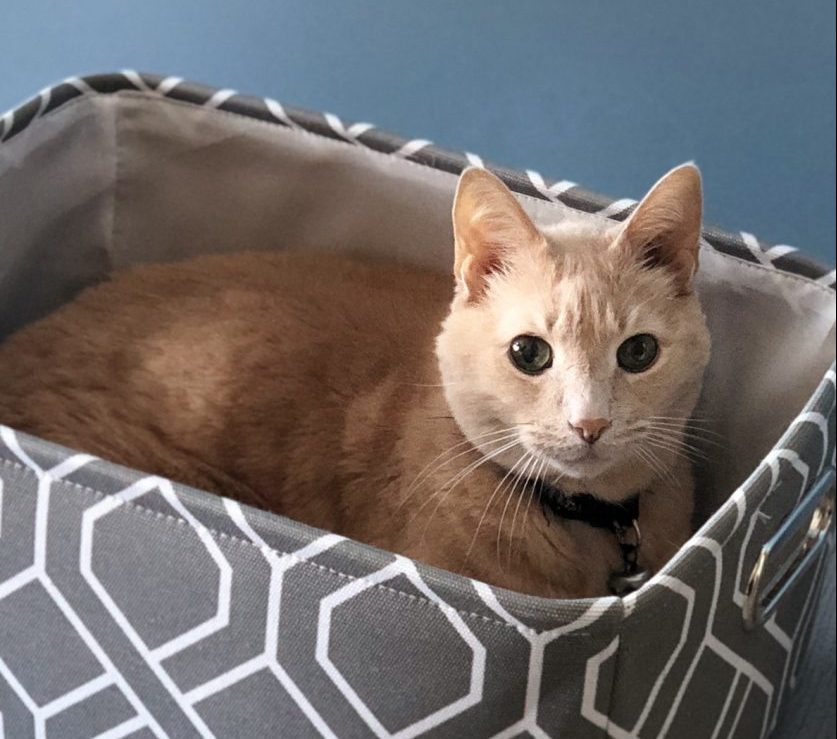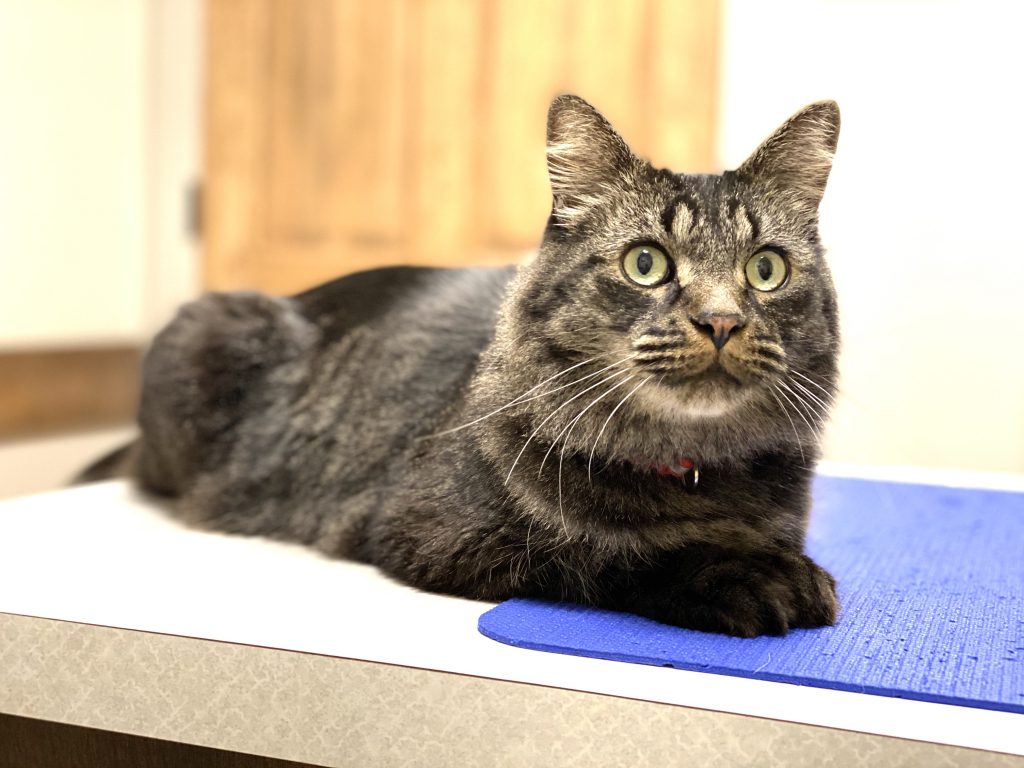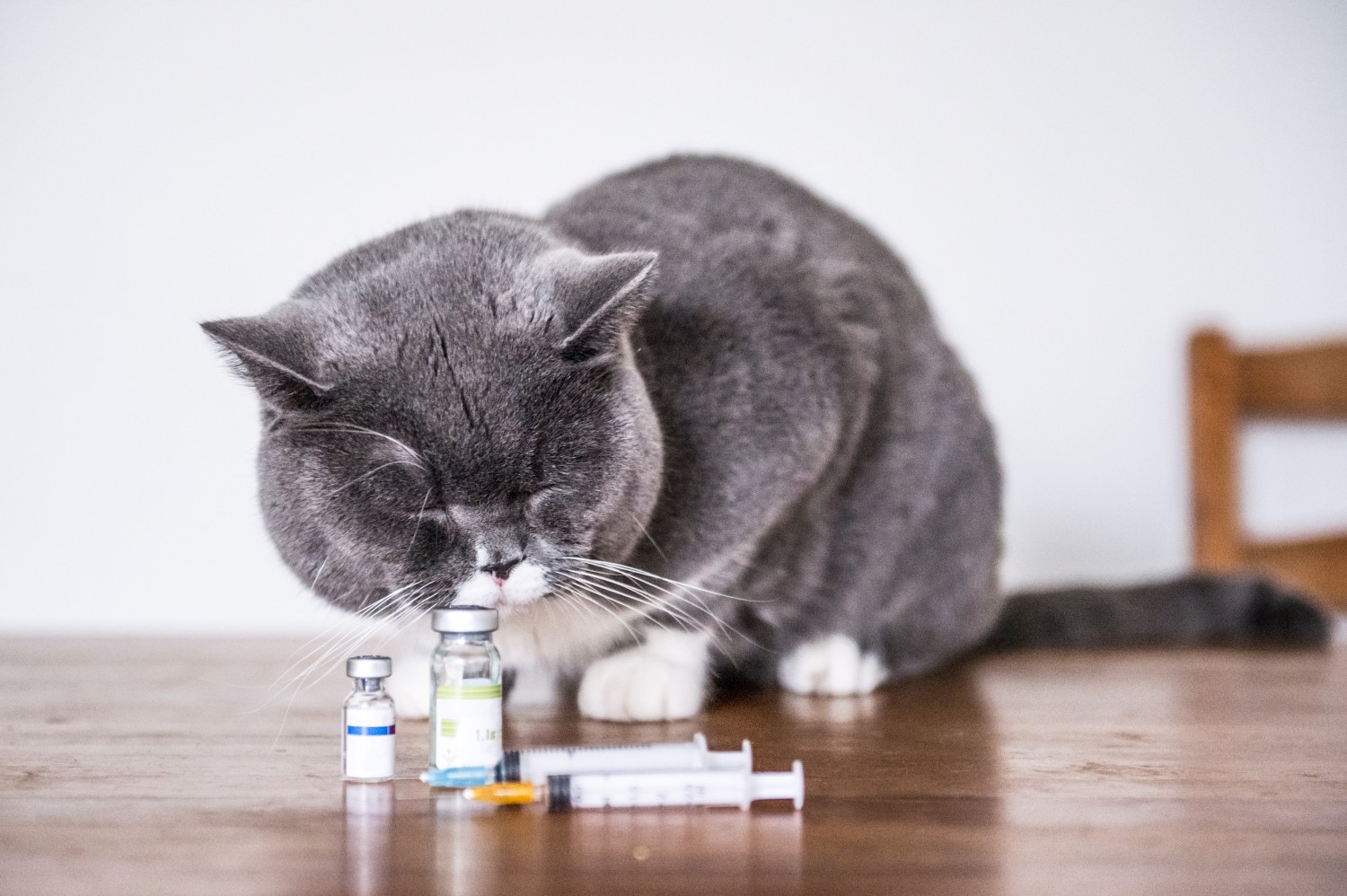|
Cat Vaccines
Cats don’t actually have nine lives, so you need to do what you can to protect them. The key? The right vaccinations. Vaccines protect your cat from diseases caused by viruses and bacteria. They can also strengthen their immune system.
Whether you have a kitten or an adult cat, your vet can help you figure out which vaccines are best and how often your kitty should get vaccines. It usually depends on their age, overall health, and lifestyle. The vet will also think about how long vaccines are supposed to last and how likely your cat might be to come into contact with a certain disease. Also, many local and state governments have laws about vaccines like rabies.
|
|
When to Give Vaccines
Kittens should start getting vaccinations when they are 6 to 8 weeks old until they are about 16 weeks old. Then they must be boostered a year later. The vaccines come in a series every 3 to 4 weeks. Adult cats need vaccines less often, usually every year or every 3 years, depending on how long a vaccine is designed to last.
|
 |
|
|
|
|
|
|

|
Which Shots They Need
Some vaccines are recommended for all cats. They protect against:
- Rabies
- Panleukopenia (also known as feline distemper)
- Feline calicivirus
- Feline viral rhinotracheitis
The feline viral rhinotracheitis, calicivirus, and panleukopenia vaccinations often come in a combination vaccine (FVRCP), which is sometimes called the “distemper vaccine.”
|
|
|
|
|
|
|
Additional Shots
Your cat may need extra vaccines depending on how much time they spend outside, how often they are around other cats, and the diseases that are common in your area.
They include:
- Feline leukemia: This serious viral infection spreads through many bodily fluids like saliva, feces, urine, and milk. The vaccine is recommended for cats who spend any time outside. Feline leukemia cannot be cured, so prevention is a priority.
|

|
|
| 







